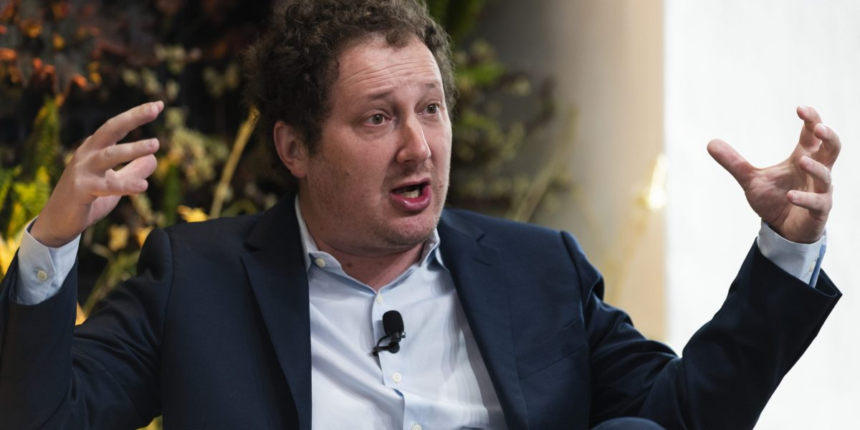“You went, you studied, you interned, you used all these stamps on your passport, almost a proof of, I work hard, I’m smart, I care—but those things aren’t valued in the workplace anymore,” he tells Fortune.
Still, Rogier argues there are ways for young people to stand out in an AI-driven job market. His advice: Pick an industry that sparks your interest, spend a week or two immersing yourself in its challenges, and then use AI to build something the team doesn’t already have.
“I would make something with AI that that team is probably not using or doing. I would send it to everybody on that team and I’d say, ‘look, I built this for you, and I doubt you have this, and if you hire me, I will build more of it,’” Rogier says. “That will get every hiring manager to respond to the email and want to talk to you.
That’s why other business leaders are echoing Rogier’s advice to look beyond traditional paths.
Cuban added that young people should become skilled enough to walk into any small business and be able to spot how AI could help. Learning the difference between AI-powered video generators, such as OpenAI’s Sora and Google’s Veo, and understanding how to customize AI models is part of that journey, he said.
“There are millions of companies that have one, five, 10, 50, 100, 500 people that aren’t going to have AI budgets, that aren’t going to have AI experts. This is where kids get hired,” Cuban said.
“People with the capacity to form intentions and set goals will emerge as winners in an AI-mediated world,” he wrote.
Similarly, Rogier said what ultimately will distinguish success will be the ability for candidates to express a willingness to adapt and pivot quickly.
“Your ability to learn things fast is now probably the most important skill.”









